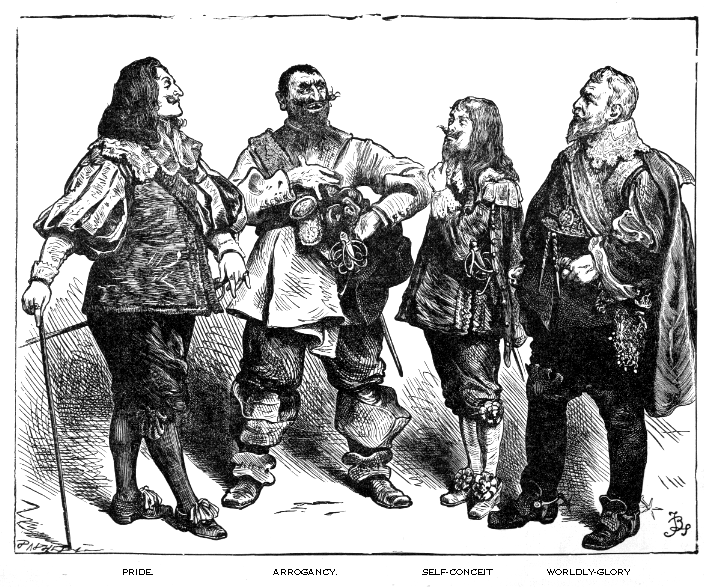I have just had one of those conversations with our webmaster, James Briggs, which turn out to be life-changing. All right, let’s not exaggerate, website-changing.
When we started this website in October 2010, it was still true that the way most people exchanged views and information online was via chat forums. With hindsight, the focus was already beginnng to move to social media, particularly Facebook and Twitter, but hindsight was not available to us as a tool at the time. It was decided to start with a forum. A blog was added, and Lay Anglicana also started Facebook and Twitter accounts.
Gradually, over the last two and a quarter years, the contributors to discussion on Lay Anglicana do so on the blog (sometimes with a little encouragement) but also on Facebook in particular. As recommended by experts in social media, I put a link to every new blog post on Facebook, Twitter, Google Plus and, where appropriate, Linked In. Subsequent conversation takes place increasingly right there on Facebook, which is understandable. When the conversation seems important, and likely to be of more than ephemeral interest, I have on two or three occasions obtained permission from the participants to copy the exchanges to the blog, so there is some semi-permanent record.
But it seems that cyberspace is sending us a strong message.
We have therefore decided to delete the forum. This was a heart-stopping moment, I admit. But the idea is to move discussion, chat and even idle gossip to the Lay Anglicana Facebook page, which is here. If you are on Facebook and don’t already know our page, do drop by and ‘like’ us and say hello. The idea is to make the page busier than it has been up to now. (This is the page for Lay Anglicana; my personal stuff is on my own page).
Alternatively, if your natural home on line is Twitter, then do follow me at Laura Sykes @layanglicana if you feel inclined.
Thank-you to all who have contributed to the forum, and made it at times such an enjoyable place to be. We hope to continue the relationship on Facebook and here in the blog.
Where You Come In
I hope very much that the next stage in Lay Anglicana’s existence will see ownership become truly more multiple. Chris Fewings, Wendy Dackson and Taylor Carey have all greatly enriched the blog and I hope that 2013 and beyond will see an increasing number of people willling to write for us on a regular basis. We will also continue to seek out people who just want to write for us once. We hope to have guest writers from the clergy as well as the laity – we are not separate beings, after all, and may find we have a lot in common!
We are also going to expand the ‘Articles’ section, so if anyone feels like writing a piece about the workings of the Anglican Communion, Church of England or any of the component parts of Anglicanism, please make a proposal in Facebook or Twitter and let us make it happen!
Progress to date
We have made some headway in the charts, currently in eleventh place on the Ebuzzing rankings on Religion and Belief and are also doing well on Alexa, the website-ranking site. (In fact if any of you felt inspired to review us for Alexa, I am sure that would be very helpful!) Our global ranking today is 656,520 (as against 748,537 a week ago) and our UK ranking is 23,283. By way of comparison, the Church of England website is 189,599 (you will appreciate that the lower the number, the better) and 13,231. And Thinking Anglicans today is 668,116 and 87,783 (their chief readership is in the US). Anglicans Online today is 705,130.
Lest you think this unduly hubristic, we are well aware that different sites measure different things, and none of them on their own truly rank influence. There are several reasons why we might be currently flying high, and unfortunately none of them guarantee that this happy situation is permanent.
Let us see what Spring brings!















Recent Comments